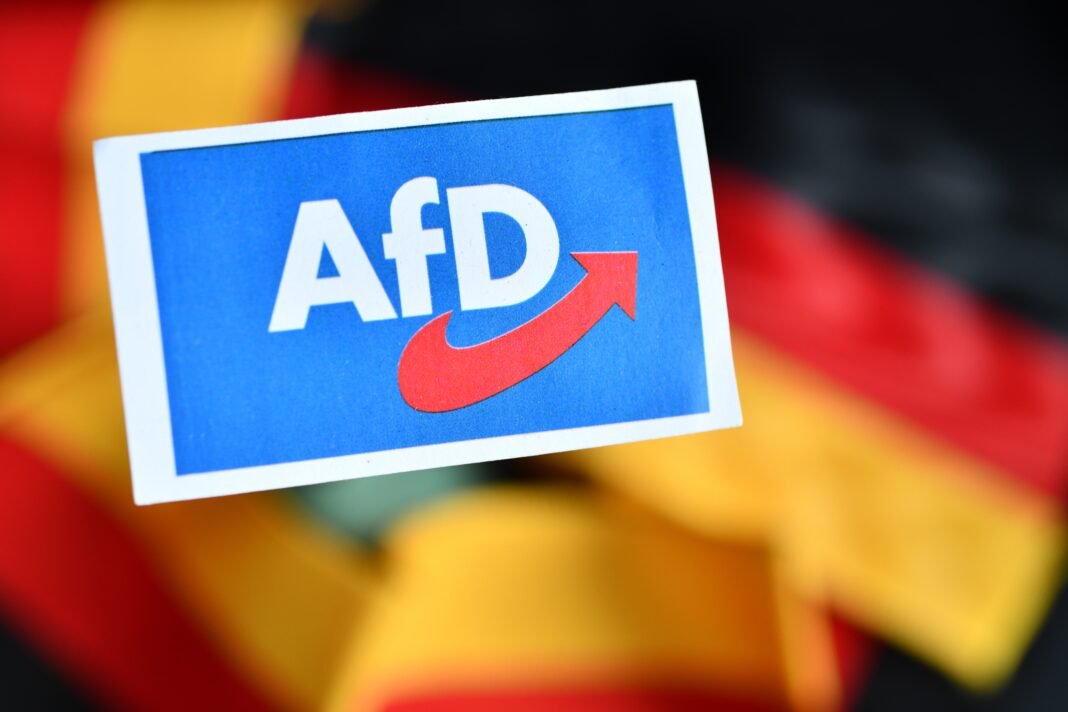Following the attack at a Magdeburg Christmas market that resulted in multiple fatalities and hundreds of injuries, the Alternative for Germany (AfD) has called for a large-scale public rally.
At a memorial site for the victims, AfD co-leader Tino Chrupalla sharply criticized Interior Minister Nancy Faeser and demanded immediate action to bolster public safety.
“What is happening in this country? Week after week, we endure attacks and the murder of our own people. This cannot continue,” Chrupalla declared during a press briefing.
Political Maneuvering and Far-Right Rhetoric
Experts caution that far-right groups may use the tragedy to further their anti-immigration narrative. The attacker, identified as a psychiatrist from Saudi Arabia, has drawn attention from political and social commentators. Matthias Quent, a sociologist at Magdeburg-Stendal University of Applied Sciences, warned of escalating polarization.
“In areas like Magdeburg, where the AfD regularly secures over a third of rural votes, such incidents can deepen societal divisions,” Quent noted. With elections looming, he predicts increased risks of misinformation and hate speech.
Meanwhile, prominent European right-wing figures, including Hungarian Prime Minister Viktor Orbán, have drawn connections between migration and the attack.
The Attacker’s Ties to Extremist Groups
Investigations reveal a complex picture of the 50-year-old assailant, who actively sought connections with far-right organizations in Germany and the UK, such as the AfD and the English Defence League.
Living in Germany for two decades, the attacker identified as a former Muslim and frequently posted anti-Islamic content on social media. He also praised individuals who had renounced the Islamic faith.
“This was not an Islamist attack,” Quent clarified. “It’s unequivocally a far-right attack with an anti-Islamic agenda.” These findings highlight the need for a nuanced discussion on security and social unity in Germany.
